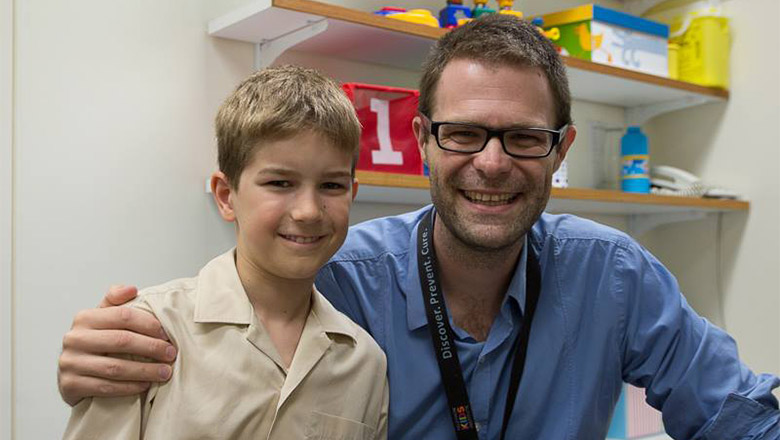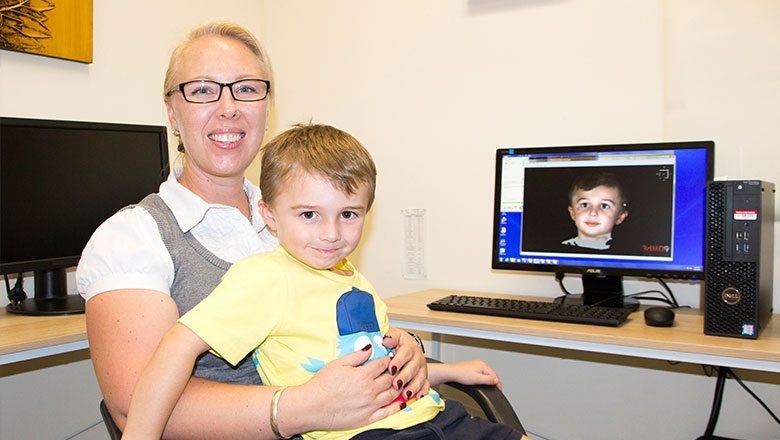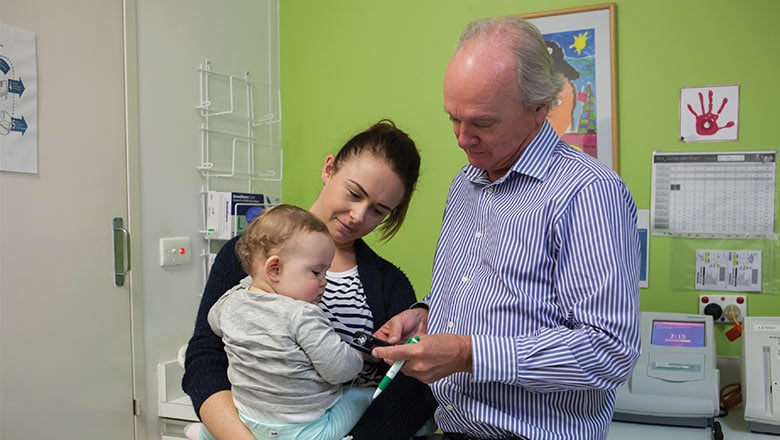Search

News & Events
Telethon champ visits The KidsTen year old Scott has been walking for Telethon since he was four years old and he's now raised a massive $100 thousand for Telethon.

News & Events
The Kids Research Institute Australia and Alleasing sign agreement worth up to $12.0 millionThe Kids Research Institute Australia has signed a three-year extendable strategic supply partnership with leading asset finance and leasing solutions provider Alleasing.

News & Events
$1 million funding boost to help Aboriginal kids with skin infectionsThanks to a $1 million funding grant, Dr Asha Bowen from The Kids Research Institute Australia is on track to change Aboriginal children's skin infection statistics.

News & Events
The Kids Research Institute Australia and Staples join forces in new supply partnershipStaples has been appointed as The Kids Research Institute Australia's exclusive supply partner for stationery and workplace supplies, ICT equipment and print services.

News & Events
Playgroup Week celebrates importance of early childhood interventionNational Playgroup Week, the annual event run by Playgroup Australia, will take place across the country from 20 March to 27 March.

News & Events
Australia’s first Autism Biobank to help improve early diagnosesA world leading Autism biobank has been officially launched in Australia today by the Minister for Health, the Hon Sussan Ley.

News & Events
Child development census shows most kids are on trackThe national report released today from the Australian Early Development Census (AEDC) shows that in 2015, most children in Australia were on track.

News & Events
3D face scanner could improve early diagnosis for kids with autismCan you see signs of autism in a child's facial features? Telethon Kids researchers have acquired new face scanning technology to help answer this question.

News & Events
Chronic illness affects young children’s school readinessResearchers from the The Kids Research Institute Australia and UWA have found that young children with a chronic disease are more likely to fall behind their peers in a wide

News & Events
Improving the lives of kids with Type 1 DiabetesDiabetes research got a huge boost when the WA Children’s Diabetes Research and Education Centre for Research Excellence opened late last year.
